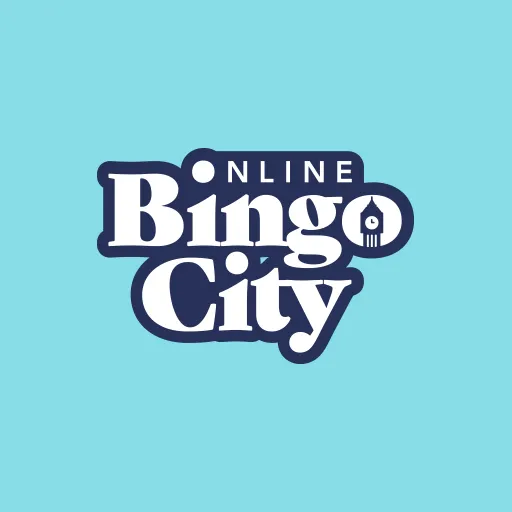Brief History of the Game
It’s believed the earliest roots of bingo stretch all the way back to 16th century Italy, where a lotto type game called Il Gioco del Lotto d’Italia emerged and began to grow in popularity in around 1530. It wasn’t until the 18th century, though, that the idea of using cards, tokens and called numbers was realised.
By that point, the game had started to spread outside of Italy, with the French aristocracy taking a liking to it and further developing it to feature three rows, nine columns and the numbers 1 to 90 – like the current 90-ball game of bingo. From there, the game spread further, reaching across Europe and landing on UK shores, where it was also called Housey Housey. By the 19th century, Germany was using the game as an educational tool to teach maths, spelling and even history, but it wasn’t until the early 20th century that the game began to truly surge in popularity.
Hugh J. Ward is generally credited as the man who standardised the game through fairs and carnivals across west Pennsylvania in the early 1920s, copyrighting the game and publishing a book on its rules in 1933.
Meanwhile, toymaker Edwin S. Lowe spotted a version of the game called Beano being played in Atlanta to Ward’s rules using dried beans. Lowe then introduced the game to his friends in New York and after a positive reception, it was developed and sold on the market by Lowe’s toy company. The game swept across the US in the 1940s and Lowe obtained a patent for the bingo card design in 1942.
Regarding the game’s name, the origins are somewhat unclear. Some claim the name comes from the shouts of customs officers upon a successful search, while others claim it was an erroneous exclamation of one of Lowe’s friends, who, in her excitement, accidentally shouted ‘bingo’ instead of ‘beano’. There is also the suggestion that bingo derives from the sound of a ringing bell.
How Bingo Works
Whether we’re talking about the 90-ball version that’s most popular in the UK, or the further developed 75-ball US version of the game, bingo is very simple to learn. Gameplay generally revolves around marking off called numbers on a card or ticket, with the aim being to mark off one or more lines, a specific pattern or the entire board to win a prize.
Bingo is a social game, often played in large halls or other open venues, with a caller announcing each number after drawing it at random from a ball mixing machine (often as simple as a bowl). Players will then use tiles or ink dabbers to mark off any matching numbers on their cards/tickets. The first player to mark off the winning pattern, line or full house (all the numbers) wins.
Bingo games and their associated cards/tickets vary, with the 90-ball game using tickets of 3 rows and 9 columns (15 numbers on each), while the standard US 75-ball version of the game uses tickets with a 5×5 grid of numbers, with each column headed up by the letters B, I, N, G and O and the centre square pre-marked as free (24 numbers).
Beyond these 2 main variants of the game, others have been created along the way, such as the 80-ball bingo variant, which is played on colourful tickets with a 4×4 grid, and 30-ball bingo, often called Speed Bingo as it offers a faster-paced experience with its relatively small 3×3 grid tickets. Learning to play bingo is very simple, and the general idea stays the same across the board no matter which kind of bingo you’re playing.
Bingo vs Tombola
Some may look at bingo tickets, particularly those of the UK-favourite 90-ball game, and assume it’s actually a similar game called tombola. While it’s true that these games offer very similar experiences, there are some differences between them.
90-ball bingo tickets and tombola tickets look almost identical, with each featuring 3 rows and 9 columns, with 5 numbers and 4 blank squares in each row.
However, winning patterns are slightly different between the games. In 90-ball bingo, you win a prize by getting 1 line, 2 lines or a full house (all the numbers on the ticket). However, in tombola, prizes are won by marking off the numbers in certain patterns or orders too, such as the first 5 numbers (Early 5), the 3rd number on the top and bottom rows and the 2nd and 4th numbers in the middle row (Circle), and the 3rd number on the top row, 2nd and 4th numbers in the middle row and 1st, 3rd and 5th numbers on the bottom row (Pyramid).
Modern Bingo Today
As with everything else, the game of bingo has been modernised to be more appealing, but also to play more efficiently. Instead of numbered balls being drawn from a simple bowl or tombola drum, they are now usually selected by an automated, RNG-driven machine. In addition, called numbers are displayed on an LED board or similar to make it easier to follow the game.
Of course, another way in which the game of bingo has been modernised is the launch of bingo games online.
Playing Bingo Online
The evolution of bingo to the internet has been an important step in the game’s increasing popularity, particularly with younger generations. Instead of having to physically visit a bingo hall in your local (or not so local!) area, players can now get their bingo gaming fun from anywhere via a computer or mobile device.
Today, there are hundreds of online bingo sites that invite players to join for free and play a variety of bingo game variants, including the UK favourite 90-ball, the US favourite 75-ball, plus 80-ball, 30-ball and many other new and exciting varieties!
What’s great about the best online bingo sites is that they also offer other ways to win, such as special bonuses, free cards/tickets, exclusive promotions and big jackpots.
Take a look at some of the highest ranking online bingo sites as reviewed by us:
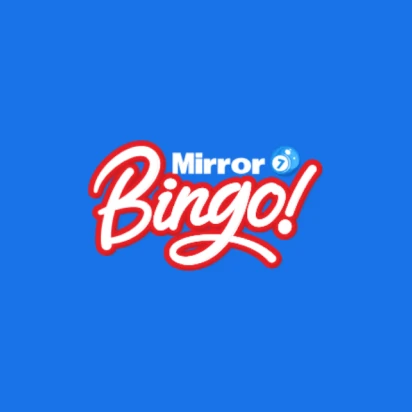
Mirror Bingo


Mecca Bingo

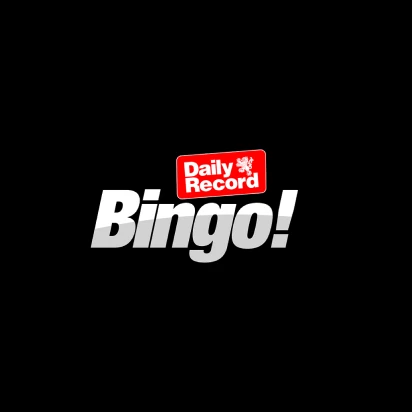
Daily Record bingo

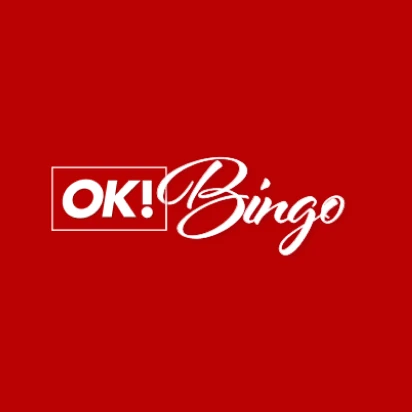
OK Bingo

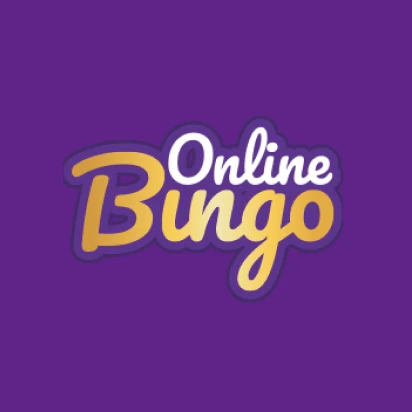
OnlineBingo.com

Variations on Bingo
The astonishing popularity of bingo has led to the development of many spin-offs of the game. One such very successful twist on bingo comes in the form of Slingo. As you might have gathered from the name, Slingo benefits from the combination of the reel-spinning action of slots plus the number marking thrill of bingo. In Slingo games, you get a set number of spins to land numbers that are marked off the bingo style grid above the reels, with lines triggering prizes. You also stand to win other rewards for playing Slingo, such as free spins, instant prizes and special jackpots.
Online bingo sites are great for exploring interesting new bingo experiences, especially the various themed rooms and the chat-based competitions that run alongside the bingo. You’ll also be able to enjoy unique new bingo games such as the playing card-based 52-ball variant (also called 52-5) and the faster 40-ball game. Some bingo sites also create their very own exclusive games, which are a lot of fun to explore.
FAQ on Bingo’s History
Still curious about the wonderful game of bingo? Take a look at our FAQs below to see if we’ve got you covered!
Bingo has its roots in 16th century Italy, where a very similar lotto type game called Il Gioco del Lotto d’Italia was invented. The game steadily rose in popularity before spreading across Europe, altering slightly along the way, and reaching UK shores by the 18th century.
Though bingo was being played to a lesser extent from around the 1920s to 1930s, it wasn’t until around the 1960s that the game really exploded in popularity, when the UK’s Betting and Gaming Act legally allowed large cash prizes in games. Shortly after that followed the rise of the biggest names in bingo’s history: Mecca and Rank.
Bingo was also called Housey Housey in the UK and Beano in the US.
The call of ‘bingo’ to announce a win has uncertain origins. Some claim it was the exclamation of customs officers upon a successful search, while others say it was the erroneous outburst of a friend of Edwin S. Lowe, the patent holder of the bingo card design, accidentally shouting out ‘bingo’ instead of ‘beano’.






